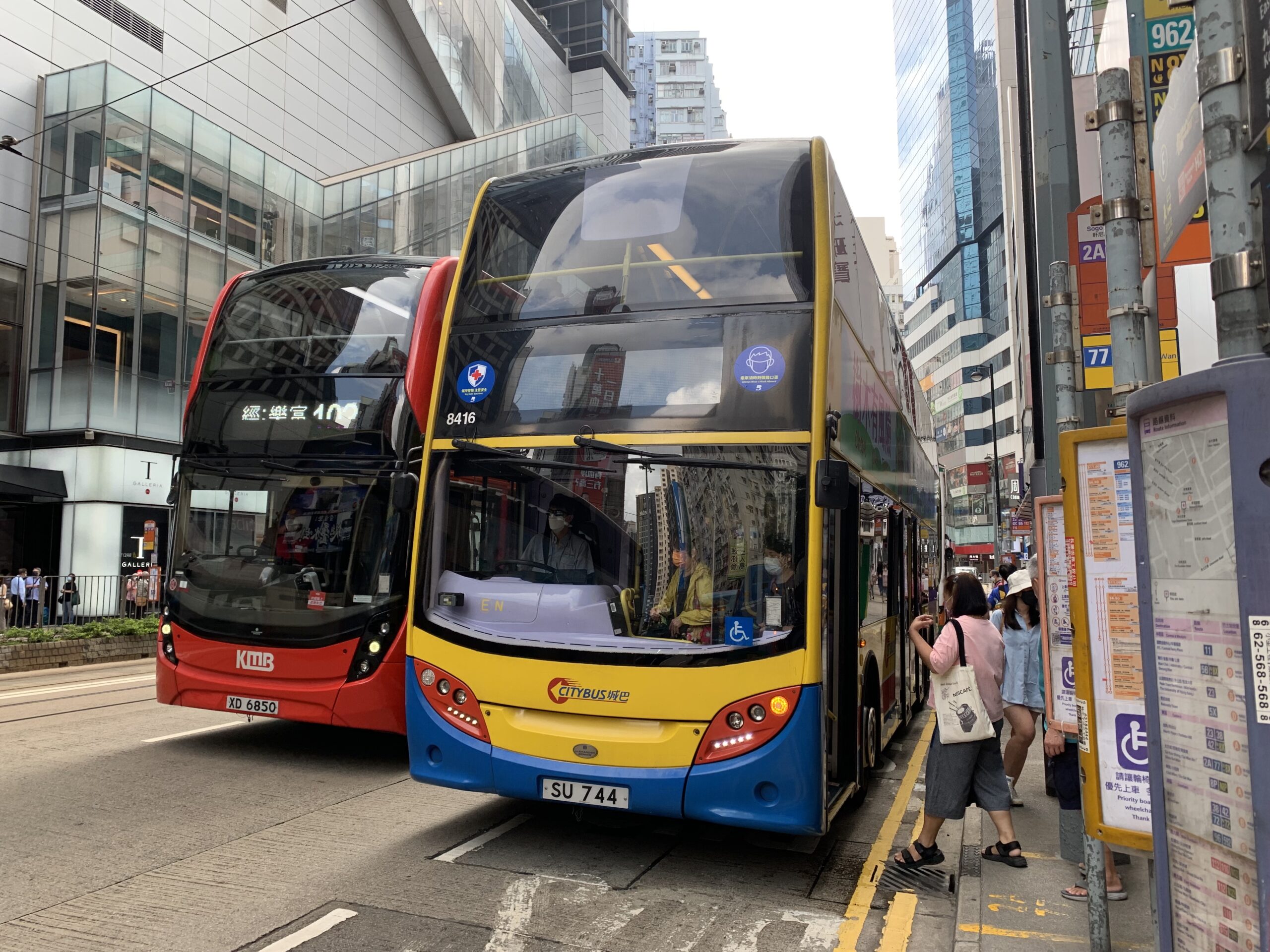
Getting Ahead
Context
Emission from road transport in Hong Kong is usually within close proximity to a large group of the population who commute, work or even reside by the roadside. Roadside nitrogen dioxide continues to present a severe health risk to individuals.
Commercial vehicles, including our public road transport, contribute to over 90% of the roadside air pollution. Having them converting into zero-emission vehicles will be the key to control roadside air pollution. However, despite there have been trials for electric buses for some years, only less than 1% of the franchised buses are powered by electric.
Our Solution
By informing the public about the severity of the problem, fostering stakeholders collaboration to identify solution pathways that support a viable transition of vehicular fleet.
By bringing the road transport pollution issue under the spotlight, sharing information on latest technology and best practice across global cities, CAN engages academics, policy researchers, transport and energy operators, and the policymakers for common understanding of the challenges and identify possible solution pathways.
Programme Engagement
The Getting Ahead campaign was launched in 2020 with the aim to equip Hong Kong with the knowledge, on mobility, local opportunities and overseas experiences, to enable full transformation to Zero Emission Bus (ZEB) fleet tomorrow.
The campaign’s first phase was to arouse media and public awareness, and the second phase to engage with transport and energy operators and policymakers.
CAN collaborated with the franchised bus operators, power companies, and the academia to form the Zero Emissions Mobility Consortium (ZEMC) and work on an in-depth white paper outlining ZEMC’s policy recommendations which was announced on 26 July 2022.
Visit Getting Ahead’s web portal for more details and recent updates.

